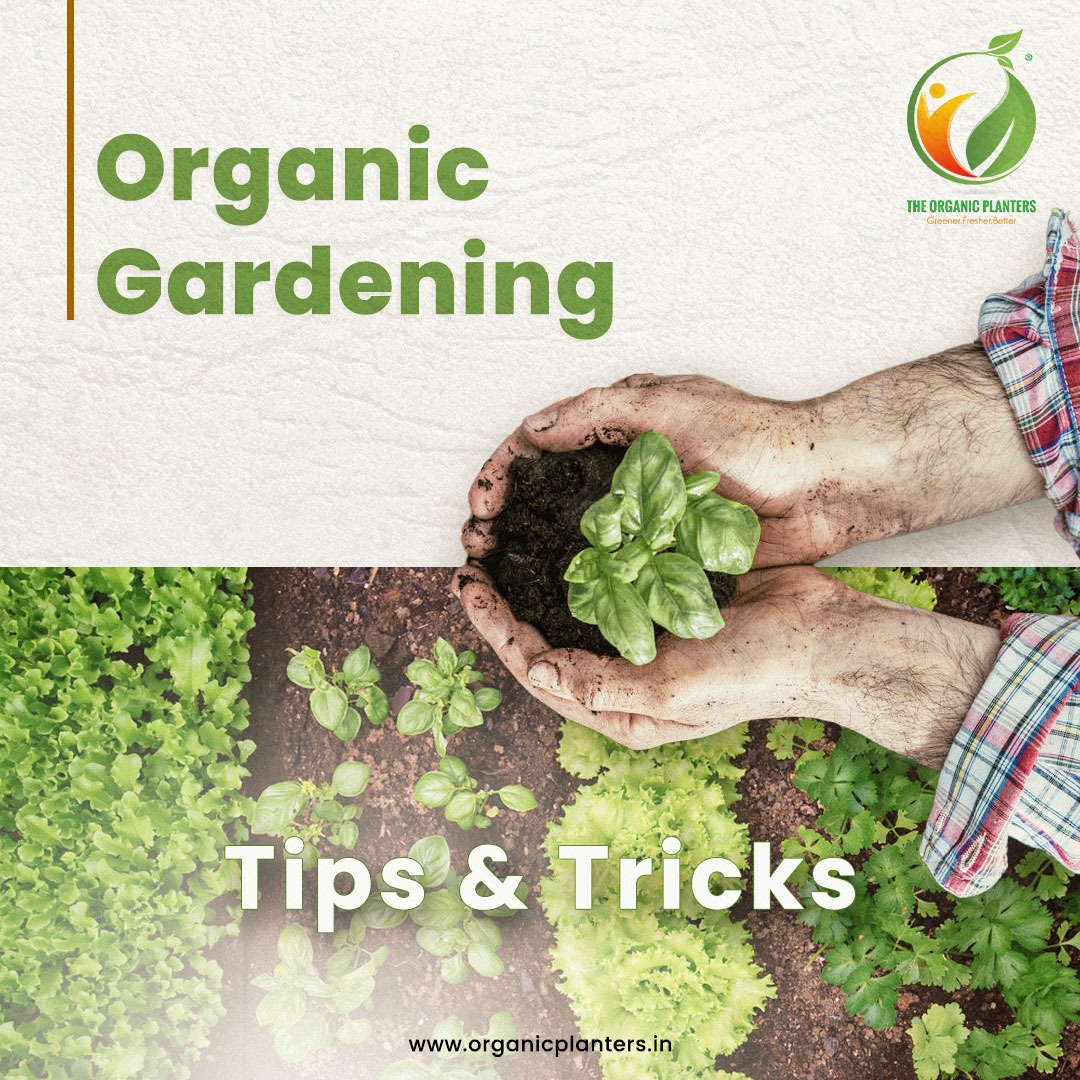- Browse By Category
-
 Vegetables
Vegetables
-
 Fruits
Fruits
-
 Other Products
Other Products
-
 Rice, Millets & Pulses
Rice, Millets & Pulses
-
 Traditional Handicrafts
Traditional Handicrafts
-
 Beauty Products
Beauty Products
-
 Masalas and Powdered Spices
Masalas and Powdered Spices
-
 Spices
Spices
-
 Organic Pesticides
Organic Pesticides
- Other Links
- Farmers Registration
- Get Subscribed To A Good Health
- Partnership with us
- We Support Farmers
- Farm List
- Become A Farmer
- Careers
- Delivery all over India
- Delivery kakkanad only


 0
0 +91 9288003324
+91 9288003324




